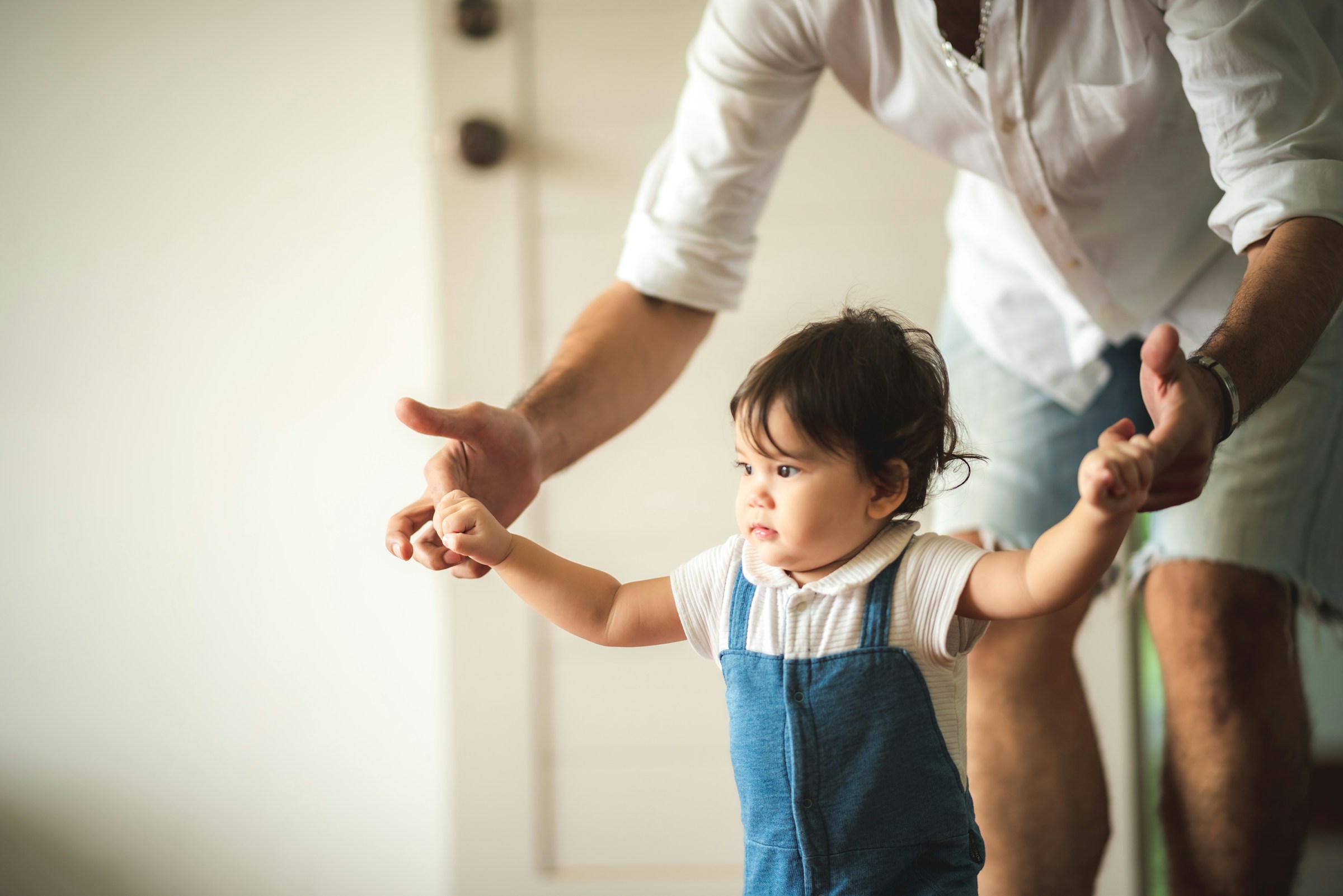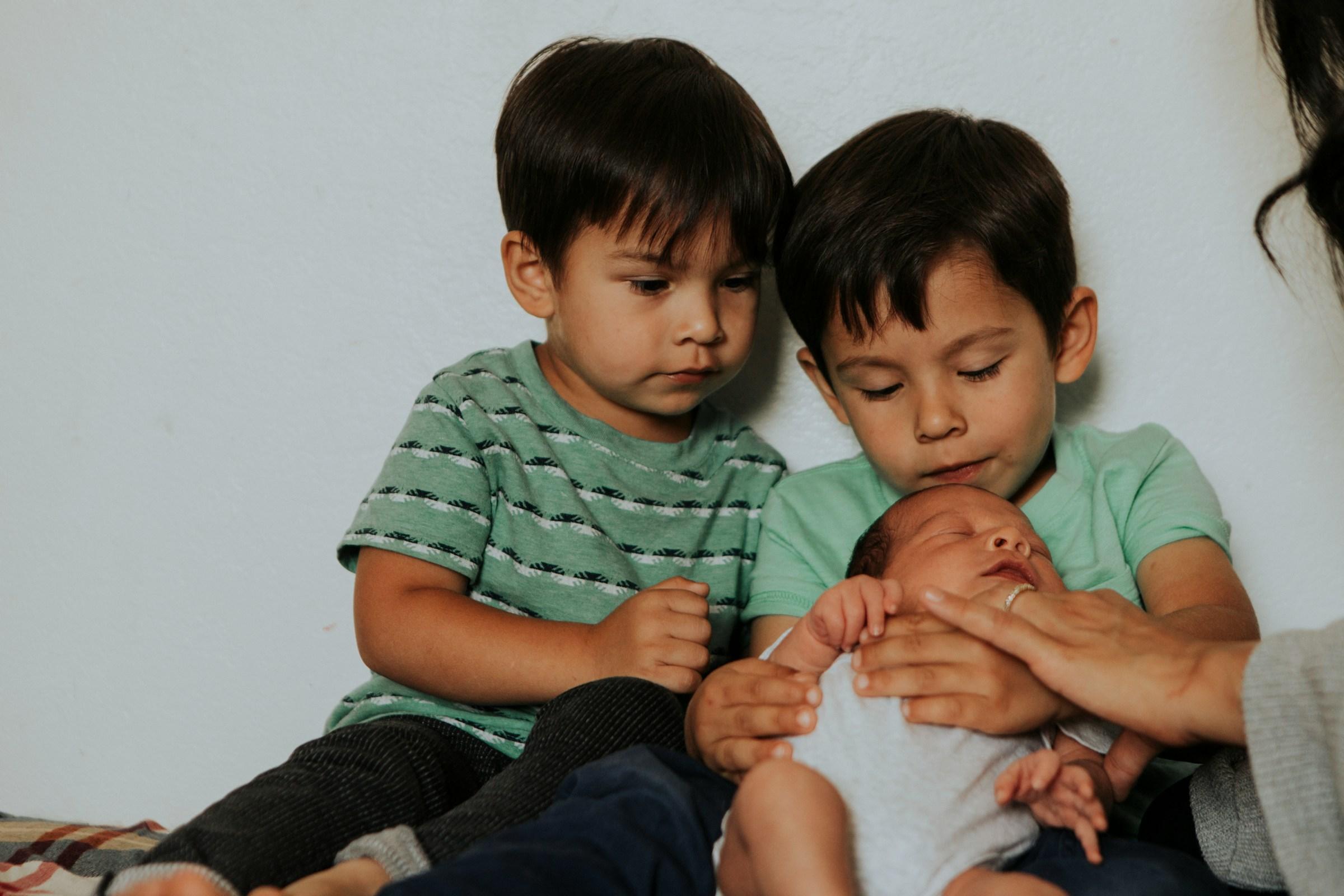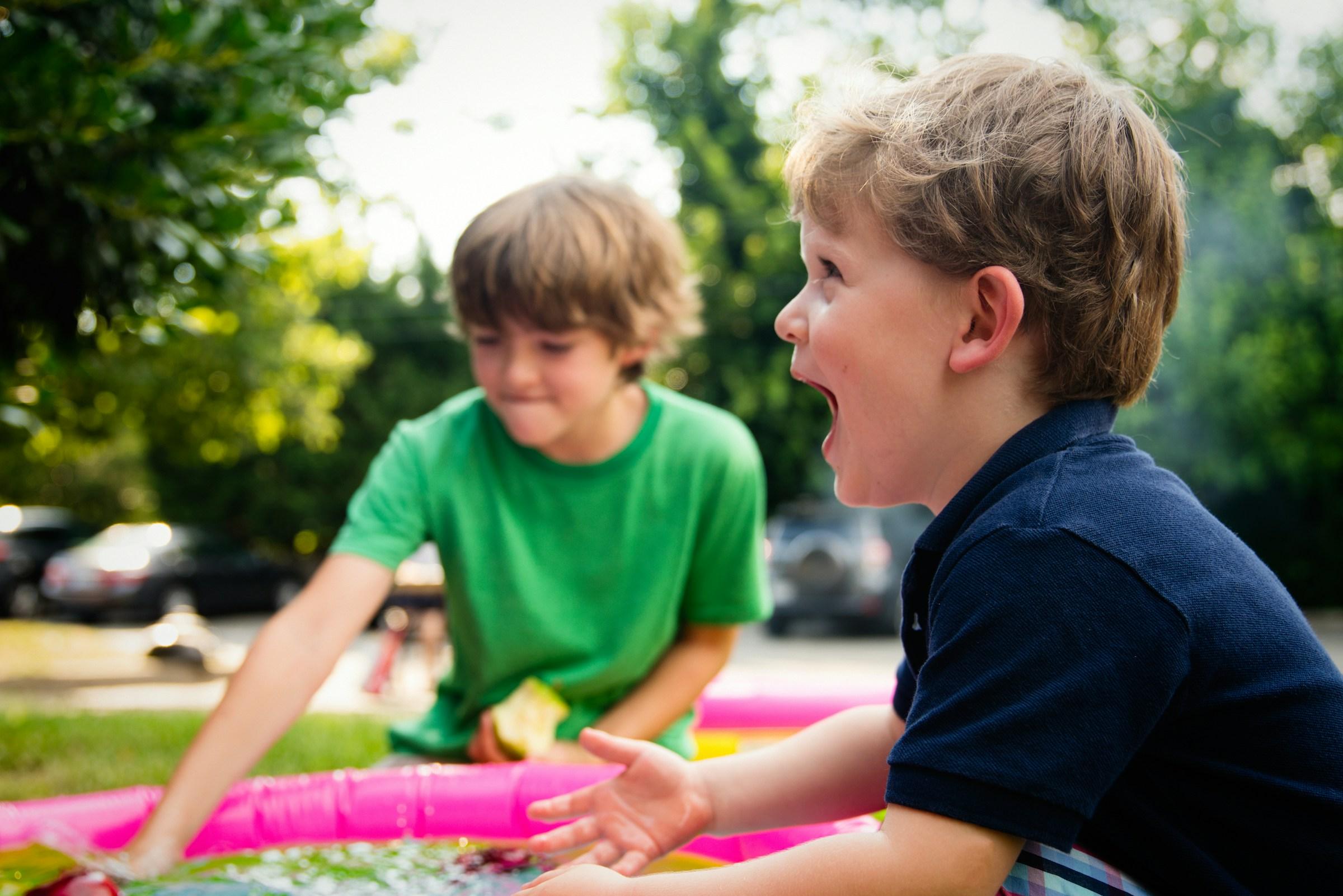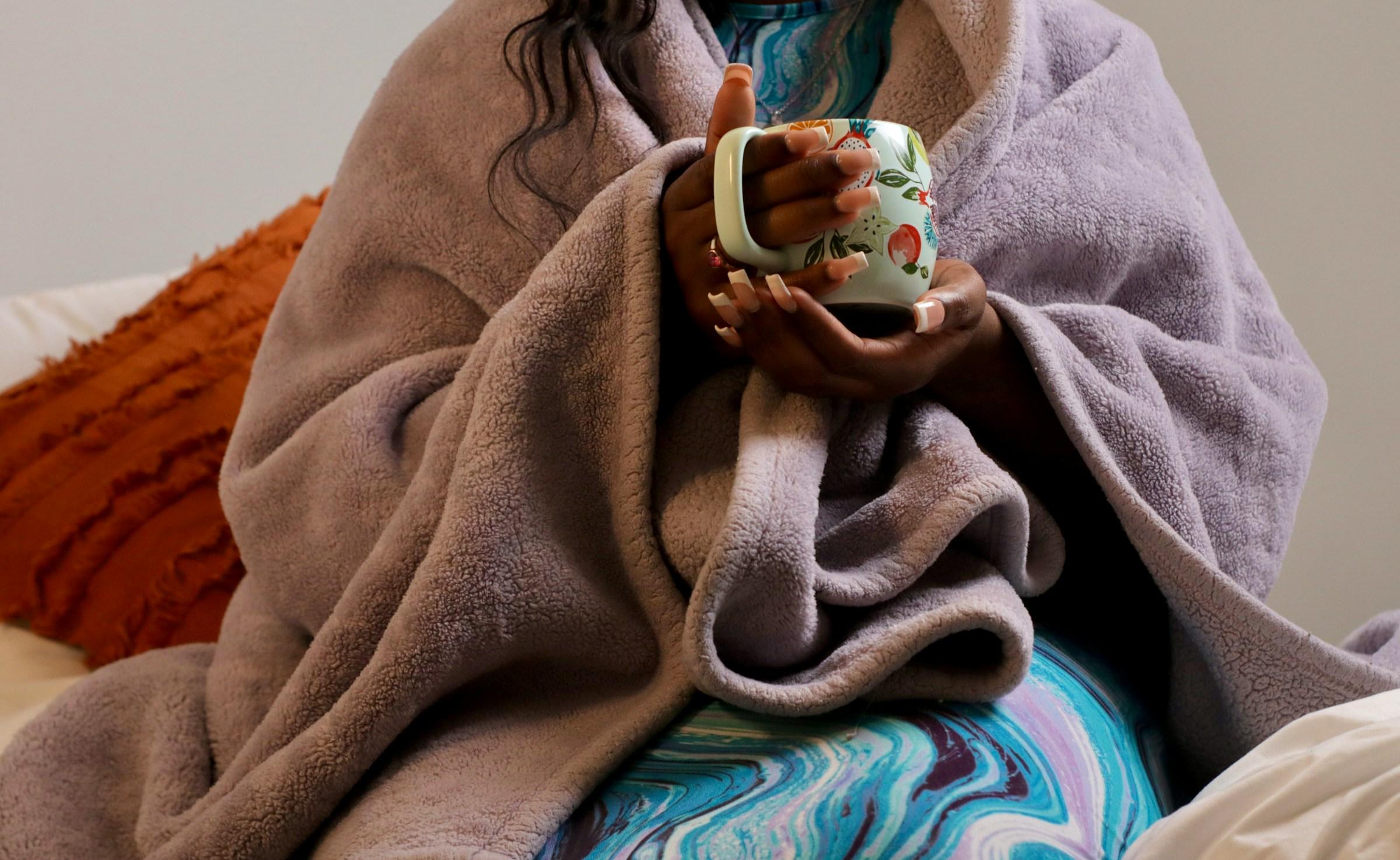This is where a lot of parents live now, in the gap between wanting to raise emotionally healthy kids and needing to enforce actual rules in a real house with real doors and real homework deadlines. The older model of parenting, where consequences were quick, loud, and unquestioned, is out of style in many social circles. In its place, a softer script has moved in, full of validation, co regulation, and long talks on the edge of a bed. The paradox is that parents still need structure, and kids still test limits, but guilt has become the soundtrack playing in the background every time a boundary shows up.
Part of the guilt comes from comparison culture. A parent who grew up hearing, “Because I said so,” is now watching TikToks about collaborative problem solving, Montessori inspired calm corners, and “natural consequences” that sound more like a philosophy paper than a Tuesday night routine. The implied message is that if you set a consequence and your child cries, the problem is not the behavior, it is your lack of perfect communication skills. So when a parent sends a child to their room, or cancels a playdate after repeated warnings, it can feel less like responsible parenting and more like a personal failure to be infinitely patient.
Another part comes from the way modern parents are told to think about their children’s inner world. There is a strong emphasis on attachment, security, and emotional safety, which is important and overdue. The anxiety creeps in when consequences get interpreted as emotional harm. If a child loses an hour of screen time, will they see their parent as controlling. If a teenager loses car privileges for breaking curfew, will they shut down and never share anything again. The fear is not just about tears in the moment, it is about future therapy sessions where the now grown child says, “My parents cared more about rules than about me.”
What often gets missed in this cultural script is that consequences are not automatically cruel, and guilt is not always a reliable signal that something is wrong. Sometimes guilt is simply a sign that a parent is doing something new, breaking a pattern, or choosing a harder road in the short term. A parent who used to give in to every tantrum will feel guilty the first time they hold a line through the screaming. A parent who has always rushed in to rescue from forgotten homework will feel guilty the first time a child experiences the sting of a late mark. The emotion is real, but it does not always mean the boundary is misaligned.
In living rooms and WhatsApp groups, there is a quieter shift happening. Parents are starting to talk less about being “gentle” in an abstract way and more about being consistent. They are asking, not just “How do I avoid shouting,” but “What do my kids actually learn if I say yes after the fifth no.” Consequences are slowly being reframed, not as personal attacks on a child’s character, but as the way a household’s values become visible. If a family values rest, there will be consequences when a teenager blasts YouTube at midnight. If a family values respect, there will be consequences when voices rise and insults fly. The consequence is no longer a random punishment, it is a predictable outcome of the value system.
In practice, this looks much less cinematic than a dramatic lecture, and much more like simple follow through. A parent tells a child in advance what the boundary looks like, what will happen if it is crossed, and then follows through with as much calm as they can manage when it actually happens. The tone matters. A consequence delivered with contempt feels very different from the same consequence delivered with tired but steady care. Kids read that difference, and so do parents. Some of the guilt softens when the consequence is not fueled by rage, but by a quiet, “You knew this was the deal.”
There is also an emerging awareness that consequences do not have to be huge to be effective. Not every misstep needs a dramatic removal of all joys. Micro consequences are becoming more visible, the small, direct links between action and outcome. You leave your shoes in the hallway, you come back to put them away before you play. You interrupt every adult conversation, you wait five minutes before your story. These are not headline worthy punishments, they are tiny corrections that teach cause and effect without turning the home into a courtroom. Parents who lean into smaller, more relevant consequences often report less guilt, partly because the child’s experience maps more clearly onto their behavior.
Online, the conversation continues to evolve. There are parents who openly admit that they apologize too quickly, that they rush to take back a consequence if their child’s reaction looks too big. Others confess to doing the opposite, holding consequences longer than necessary because they feel they must prove they are not “soft.” In between those extremes lies a more realistic middle, where a parent can say, “I stand by the consequence, but I can also comfort you while you are upset about it.” The child’s emotion is allowed, the boundary is intact, and the parent’s guilt does not have to decide the policy.
What this reveals is that the real shift is not from “strict” to “gentle,” but from unquestioned authority to reflective authority. Parents are thinking, a lot. They are reading, scrolling, debating, saving threads, and DMing each other screenshots of teacher posts and therapist quotes. They are trying to honor their child’s emotional landscape without abandoning their own need for order, rest, and respect. The struggle to set consequences without feeling guilty is, in many ways, the story of a generation trying to do better than what hurt them, while still giving their kids something to push against.
In the end, consequences remain a form of communication. They say, “This matters in our home.” They say, “Your choices have weight, and so do mine.” The guilt may never fully disappear, especially for parents who carry their own history of being punished in ways that were truly shaming or unsafe. But guilt can shift from being the dictator of decisions to being one feeling among many. When parents talk honestly about that shift, both online and at the school gate, it becomes easier to see consequences not as proof of failure, but as part of the messy, ongoing negotiation of living together.














